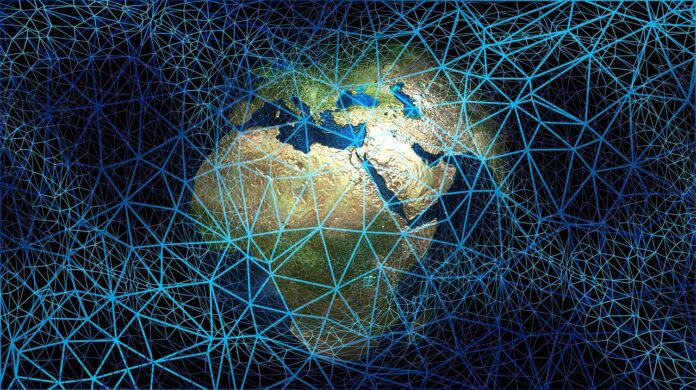May 17 marks World Telecommunication and Information Society Day (WTISD). It is a day that is marked around the world. WTISD is celebrated annually to help raise awareness of the possibilities that the use of the Internet and other information and communication technologies (ICT) can bring to societies and economies. It also looks at ways to bridge the digital divide.
COMMENT
The day finds its origins in the signing of the first international Telegraph Convention in 1865. This day marked the establishment of the International Telecommunication Union (ITU). The ITU is a United Nations specialised agency which focuses on information and communication technologies. World Telecommunication Day has been celebrated annually on May 17 since 1969. In November 2005, the World Summit on the Information Society called the United Nations General Assembly to declare May 17 as World Information Society Day. During the ITU conference in Turkey in 2006, it was decided to celebrate both World Information Society Day and World Telecommunication Day on May 17. That’s when it became known as World Telecommunication and Information Society Day or WTISD.
The 2022 edition of WTISD will focus on “Digital technologies for older persons and healthy ageing”. It is meant to reflect a defining demographic trend of the 21st century. “Digital technologies are a crucial factor for everyone’s healthy ageing,” said ITU Secretary-General Houlin Zhao. “Equitable access to digital technologies isn’t just a moral responsibility, it’s essential for global prosperity and sustainability. As we celebrate ITU’s history, we are reiterating our commitment to expand digital access across all regions as well as all ages.”
The United Nations has decided to focus on healthy ageing because they see ICT as having “a role to play in achieving healthier ageing”. Beyond just healthier ageing, it is about combatting age-based discrimination at the workplace, ensuring financial inclusion of older persons, and supporting millions of caregivers across the world.
The ITU hopes that through this focus, they will be able to accelerate digital technologies for older persons and healthy ageing that will contribute towards the UN Decade of Healthy Ageing.
Given the focus of this year’s WTISD, The Daily Vox team takes a closer look at ICT access and the digital divide in South Africa.
The digital divide is a term used to describe the gap between individuals or countries that have access to technology versus those that do not. It relates to access to computers, internet and literacy. South Africa has many developmental problems which makes it difficult to map the digital divide. Inequality in South Africa as well as developmental issues impact the digital divide.
Some of the main issues are the lack of competition within the telecommunications sector, government inadequacies, slow internet speeds and limited internet access for many.
READ MORE:
There’s a call to delay the analogue television switch-off. Here’s why.
During the pandemic, these issues were thrown into stark focus. While South Africa went into “hard lockdown”, many young people were left without resources to continue their studying. Even as many universities went ahead with remote learning, students did not have access to computers or the internet. While universities did provide data and the financial aid students received computers, the immense challenges remained.
RELATED:
No data or support: the reality of learning through lockdown in South Africa’s post-school…
But beyond students at universities or people working from home, the true digital divide could be seen with regards to older people. The focus of this year’s day is older people and the divide is evidenced by things like grants and medical care. Many older people in South Africa are forced to queue for hours at supermarkets, banks and Post Offices to receive their grant money. This is because the country has not managed to bridge that gap and provide well-functioning ICT services that will ensure the grant payment service works more efficiently.
Then there is the vaccine rollout programme. Older people were given the first opportunities (after healthcare workers) to receive the COVID-19 jab. Yet, being able to get the jab required accessing the internet to sign and register. Then there is the fact that campaigns promoting the vaccine and explaining its importance were not sufficiently broadcasted to ensure everybody had access to information.
READ MORE:
Ahmed Kathrada Foundation youth help senior citizens get vaccinated
In 2018, CEO of MTN group Rob Shuter said: “Despite significant mobile growth, almost 2 billion of the 5 billion subscribers are unable to enjoy the benefits of the Internet. This argues for the pressing need to bridge the digital divide.”
RELATED:
ITU 2018: Cyril Ramaphosa Urges Tech Innovation To Tackle Poverty
The South African government has been talking a lot about the fourth industrial revolution and how it will bring about change. Yet, with many people still struggling to access even basic services via the ICT sector, this revolution seems too far away for many. WTISD is an important day if only for showcasing the huge amount of work that still needs to be done in South Africa to overcome the digital divide and make ICT accessible for everyone.
READ MORE:
Digify Africa supports young people in creating their own sustainable livelihoods









